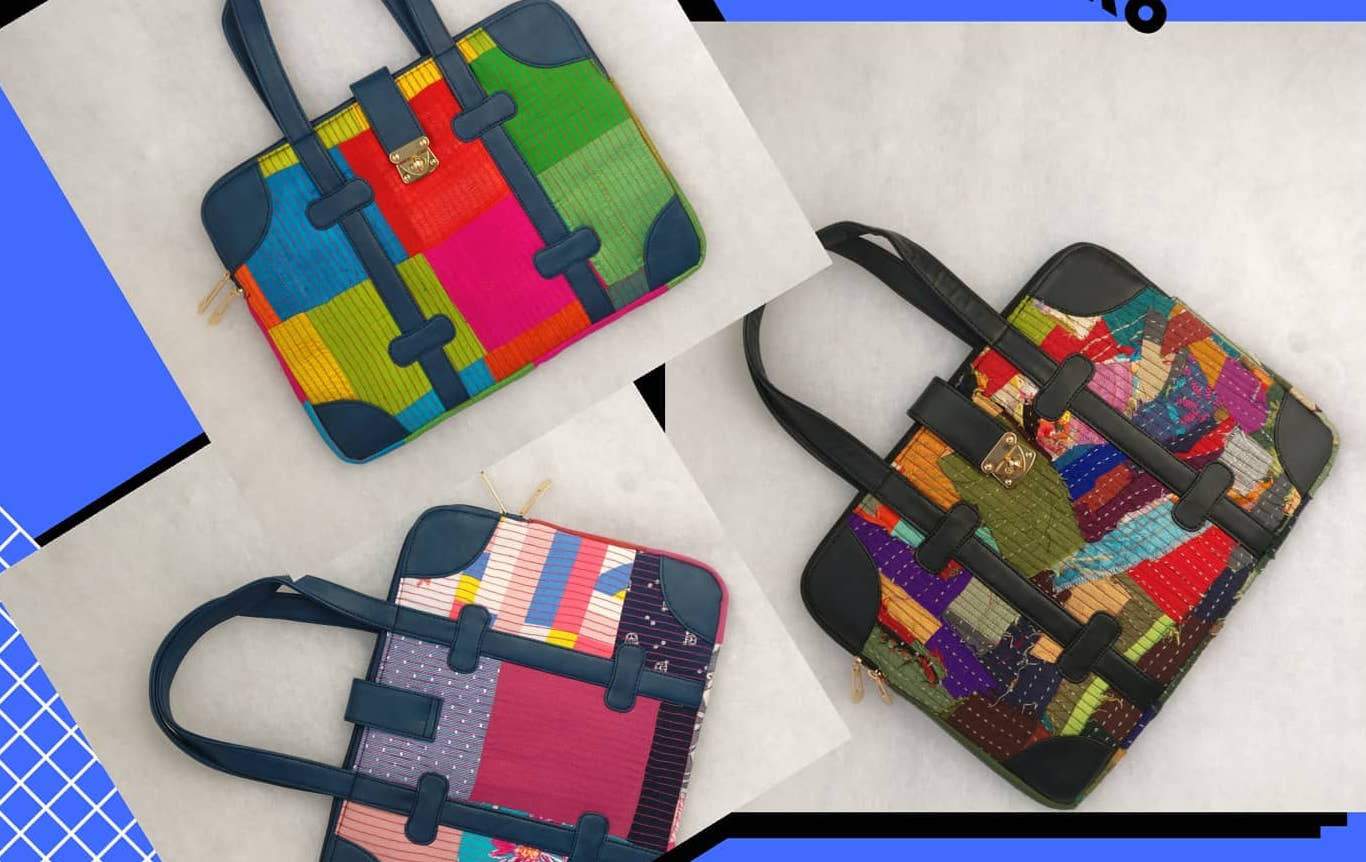Bhavini N Parikh started Bunko Junko, Bunko meaning style and Junko meaning unused textile waste. They collect waste fabric and stitch them into beautiful products. This duo’s efforts have helped over 1,500 underprivileged women earn their livelihood in a sustainable way.


Mumbai-based Bhavini got the idea from her merchandiser sister, of approaching manufacturing units and doing embroidery work for them. She did this by roping in her maid and other underprivileged women. Today, their empire has grown into something else, and recognised by Startup India.
Started in 2007, they gathered scrap, waste clothes and fabric from tailors and manufacturing units and came up with their own products – from jackets, pullovers, necklaces, belts, and much more.
The innovator who has over 29 years of experience in the clothing industry, had a two-fold vision, empowering women and focusing on environmental sustainability.
Before the lockdown, they had 1,500 women working in Mumbai and Gujarat, which has now reduced. The scraps are segregated by hand into fabrics, colour and other categories. After inputs from her and two to three freelance designers, the fabric is stitched aesthetically, putting together two or three patterns that go well together and then, the cloth is cut. The garments or accessories are stitched from that very cloth and the results are quirky, edgy and unique.
Their products and efforts have found lots of love in the various exhibitions they have exhibited them at. And they also sell online. Bhavini wants to scale up the teaching and offer vocational training in government schools situated in villages.
References:
https://www.edexlive.com/happening/2020/aug/14/bunko-junko-this-mumbaikars-efforts-have-helped-over-1500-underprivileged-women-earn-their-liveli-13860.html

